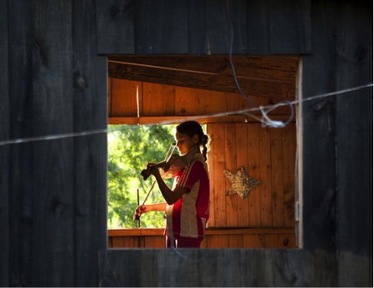
Despite the filth and the stench and contamination it breeds, about 2,500 families live in Cateura, making their only hand-to-mouth living by sifting through the trash and selling anything that’s recyclable. 24 hours a day there are people going through the most decrepit waste of others, cashing in on 10 cents for a pound of plastic and 5 cents for a pound of cardboard.
The barefoot children don’t go to school, can’t read or write, and have no medical care, forced to sift through the trash from a young age, just like their mothers and fathers. There is no hope for escape to a better life in the landfill community, as joining a gang, becoming a criminal, and doing drugs are usually the only other options. The inhabitants don’t usually have electricity or plumbing and their drinking water is dangerously contaminated with pollution. That was the only life they know in Cateura…until the music started.
When environmental technician Favio Chavez visited the landfill community years back, he had an idea for a music school to help lift the children out of their wretched conditions. He quickly realized that new instruments or even buying used ones was not an option. "A violin is worth more than a house here," Chavez.
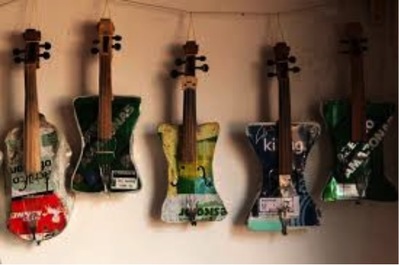
Though Gomez had never seen one, they started going to the dump together three days a week to scour for things they could use to construct their patchwork instruments; oven trays, oil cans, recycled string, drain pipes, bottle caps, forks, metal scraps, and salvaged pieces of wood.
They brought everything back to a cramped workshop at the edge of the dump, where he went to work. Pretty soon, he was producing three violins a week, and then taught himself how to make cellos and guitars, trumpets and saxophones, and finally drums and basses.
The instruments were given to the children during free music classes, and thus the Recycled Orchestra was born. The availability of instruments and the new presence of music in their lives inspired the children – and reinvigorated the community – like no one could have imagined.
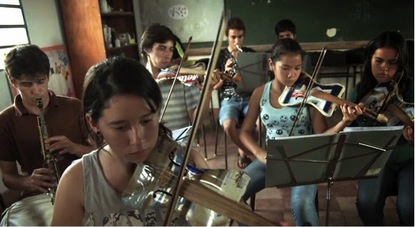
The children kept playing and became quite adept. The amazing story of a children’s orchestra from the poorest of places who played with instruments repurposed from trash spread like wildfire, and soon they were invited to play in the main city, and then to other countries in South America, and now all over the world.
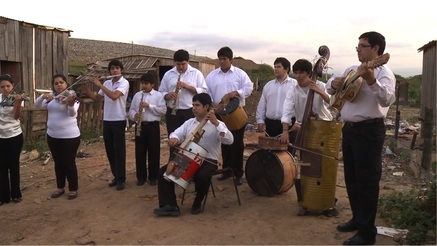
Now, a documentary is out called LandfillHarmonic, which follows the story of the children rising from the trash to play beautiful classical music in the finest concert halls of America and Europe.
"My life would be worthless without music," says one girl in pigtails in the documentary.
"My life would be worthless without music," says one girl in pigtails...
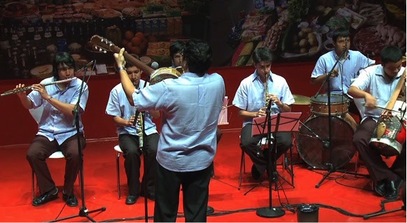
Of course there are still problems in the trash community. People are still poor and faced with a never-ending scramble for survival. But now, the community feels they are being better respected instead of scorned, called Recyclers instead of just trash workers. They can envision a day when their children don’t have to work in the trash but can go to school, and move away for real jobs and other opportunities for a better life. They have been transformed by the power of music, resurrected by the indomitable hope of the human spirit.
Just listen to Ada Rios, a precocious and smiling little girl when interviewed about playing music:
“When I play the violin I feel like I am somewhere else. I imagine that I'm alone in my own world and forget about everything else around me and I feel transported to a beautiful place. I'm transported to a place that is completely different to where I am now. It has clear skies, open fields and I see lots of green. It's clean with no trash. There is no contamination where we live. It's just me alone playing my violin.”
-Norm :-)




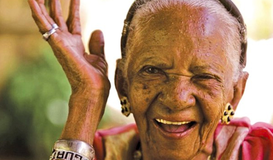
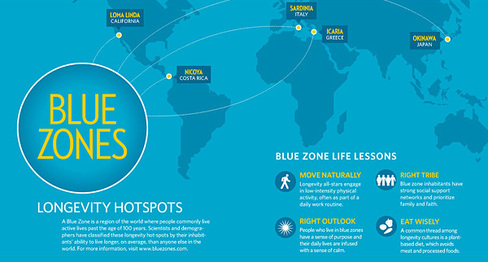

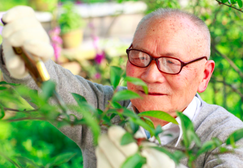


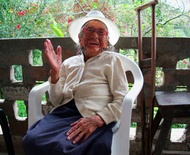
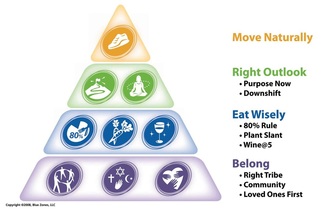
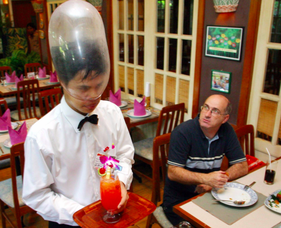

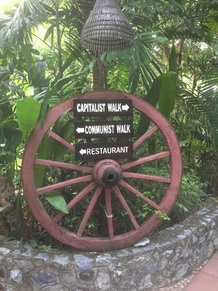
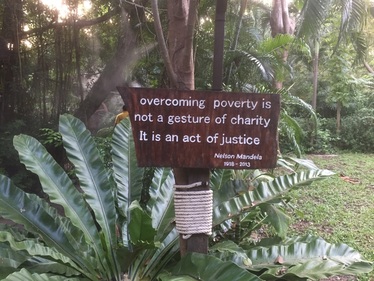
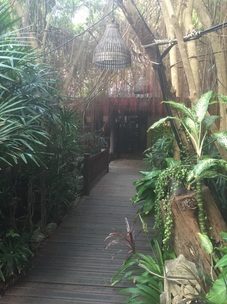

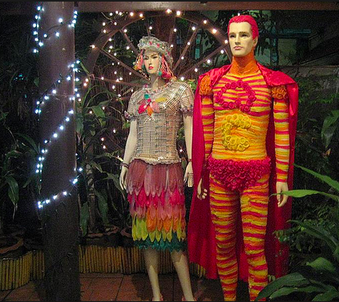

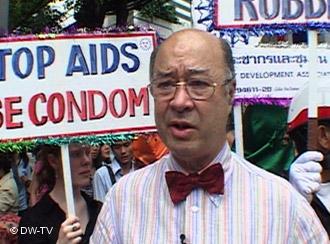


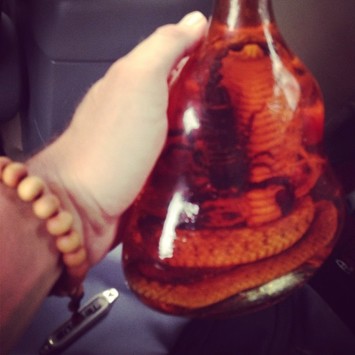
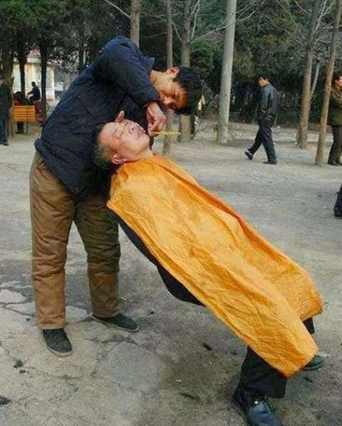
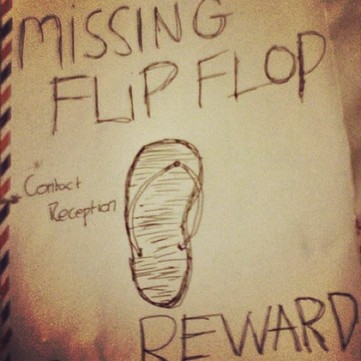
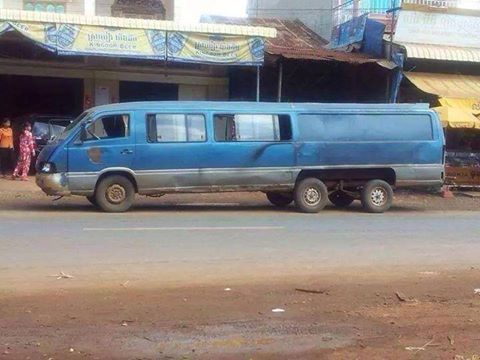
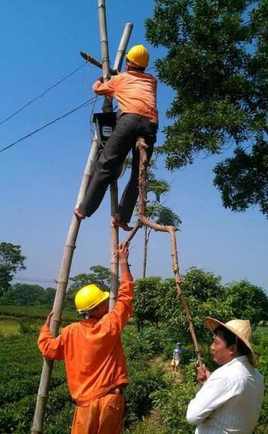
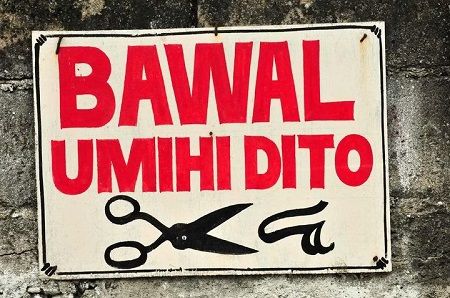

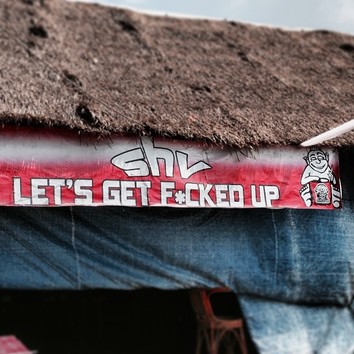
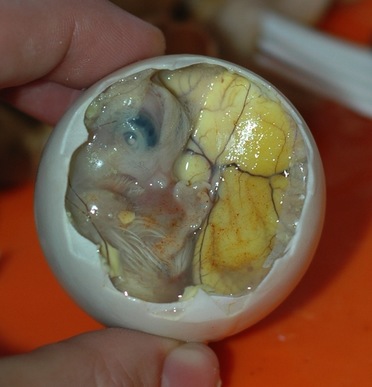


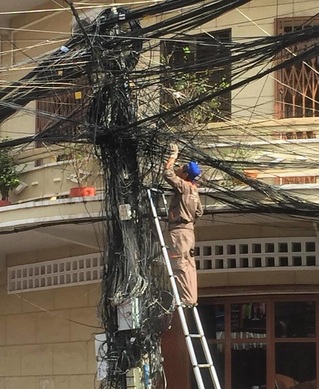

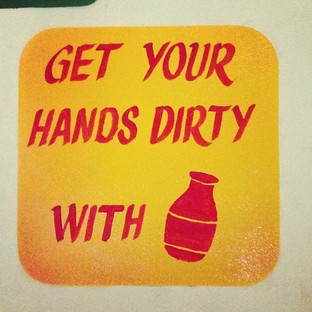
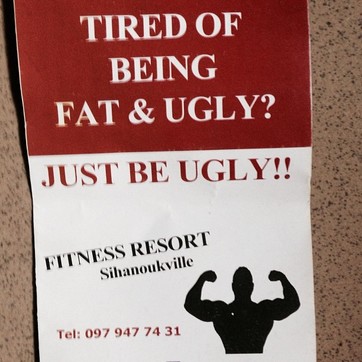

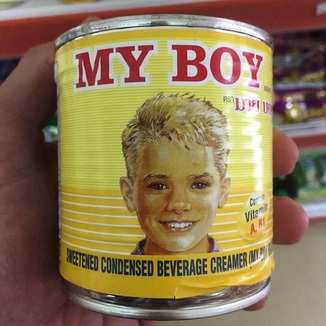

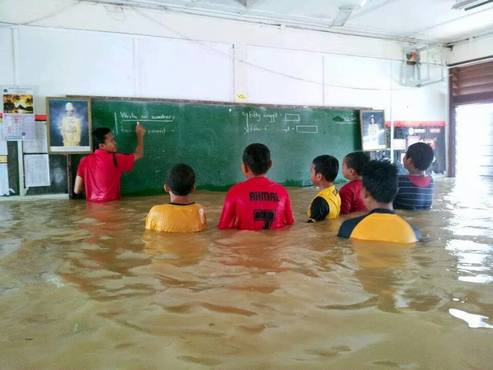

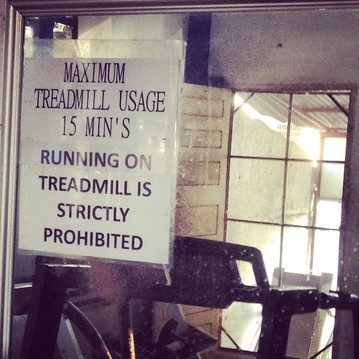


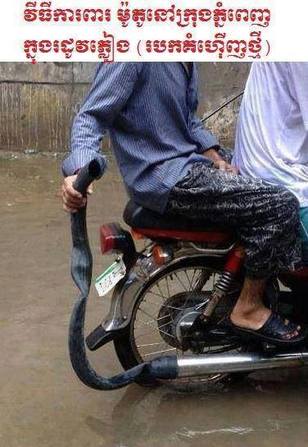
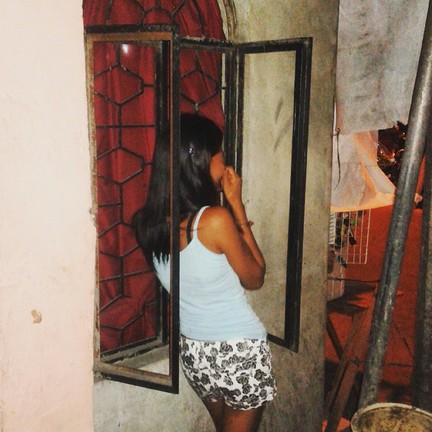



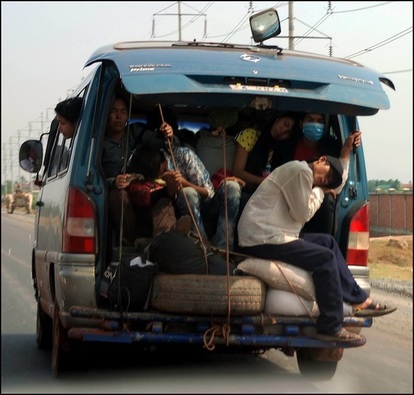
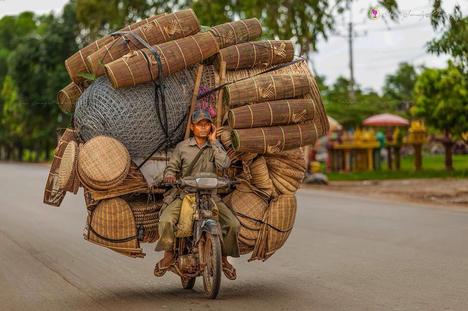
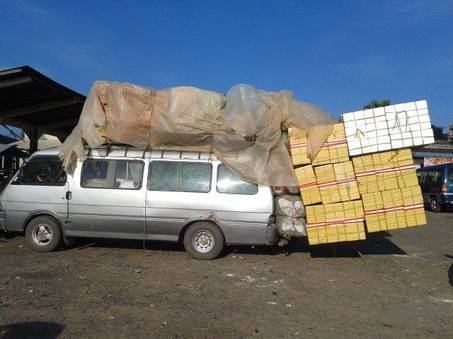
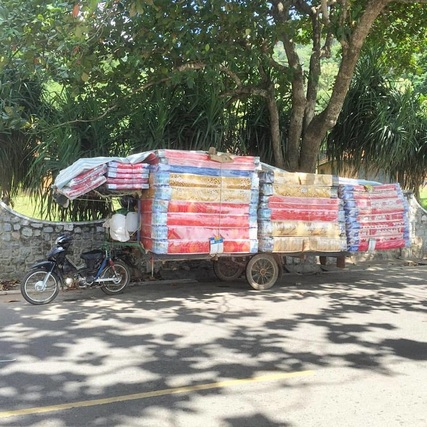

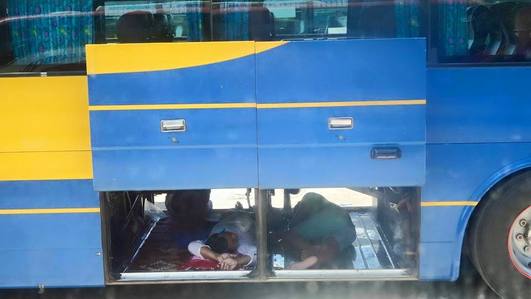


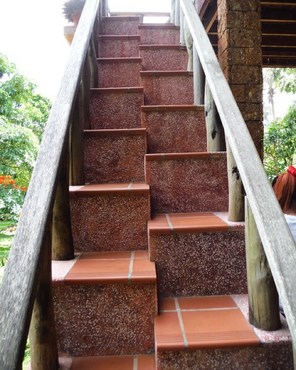
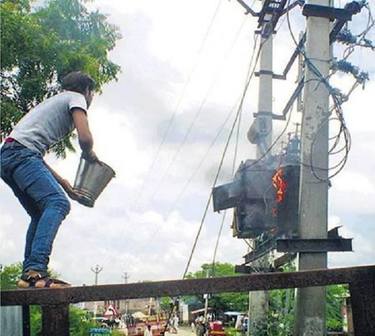
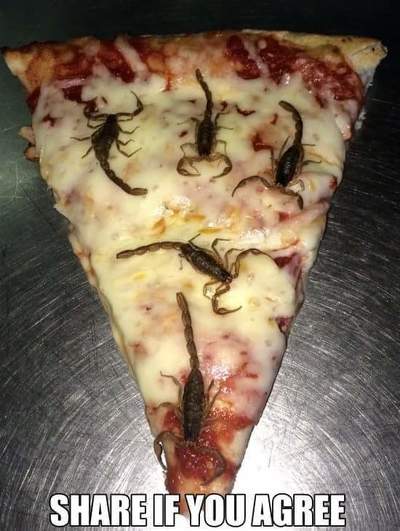

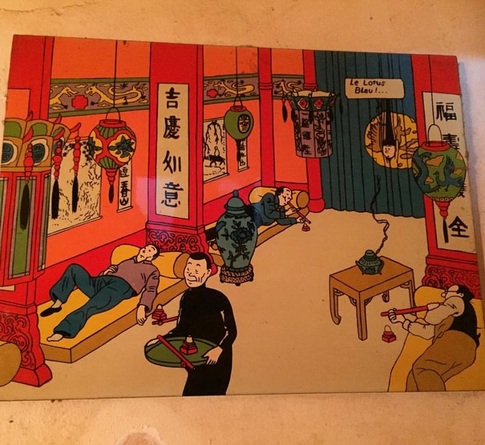
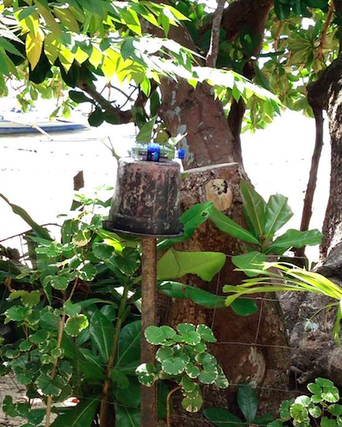
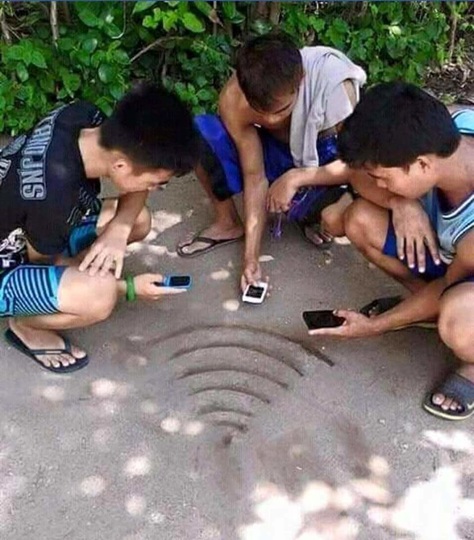
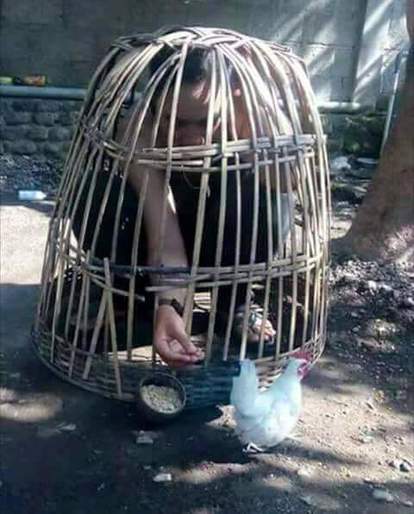

 RSS Feed
RSS Feed